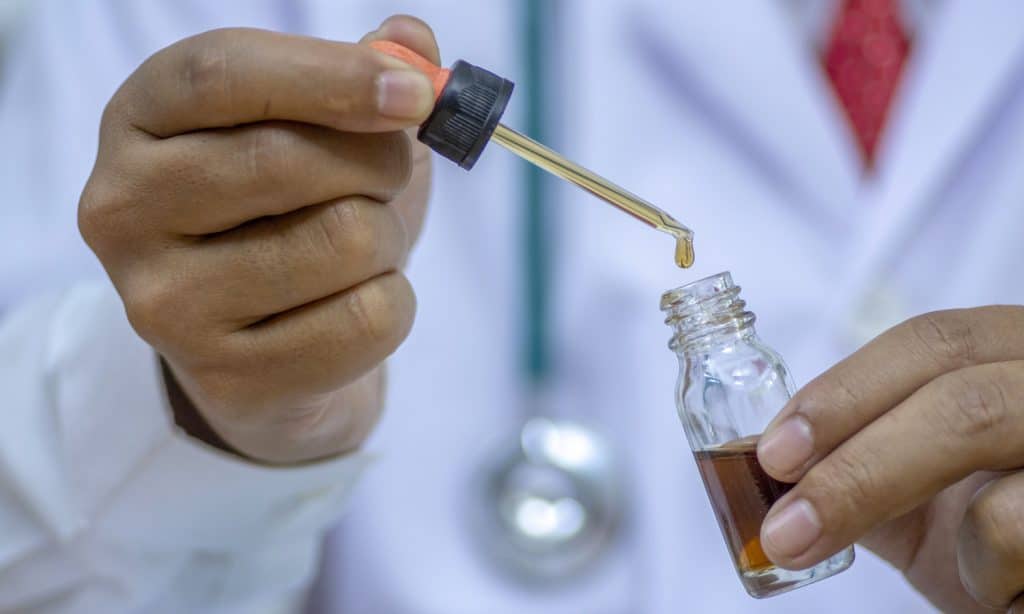A nearly three-year-old case, Washington v. Barr, which pits former NFL star Marvin Washington and plaintiffs against Attorney General William Barr, received a boost this week.
A slew of organizations, including the National Organization for the Reform of Marijuana Laws (NORML), Americans for Safe Access and U.S. law firm Ansell Grimm & Aaron have joined the fight, filing amicus briefs in the case, which challenge the constitutionality of weed’s Schedule 1 status.
If the Supreme Court of the United States chooses to hear the case, it could change U.S. drug policy.
“Patients today face an untenable choice,” cannabis attorney Joshua Bauchner said in a statement. “They can either risk federal prosecution for using medical cannabis in accordance with state and local laws at the advice of their doctors, or risk serious, even fatal, health consequences. This is an unacceptable trade-off that no one should be forced to make any longer,” Bauchner argued.
Ansell, Grimm & Aaron are representing five organizations with a vested interest in the case, including Athletes for CARE, a non-profit of former pro athletes turned cannabis advocates, After The Impact Fund, an organization that helps military vets and ex-athletes receive treatment for post-traumatic stress disorder, anxiety and depression, among other conditions, and NFL Sisters in Service, Inc., a non-profit comprised of the spouses, daughters and mothers of current and former NFL players who advocate on behalf of those players.




